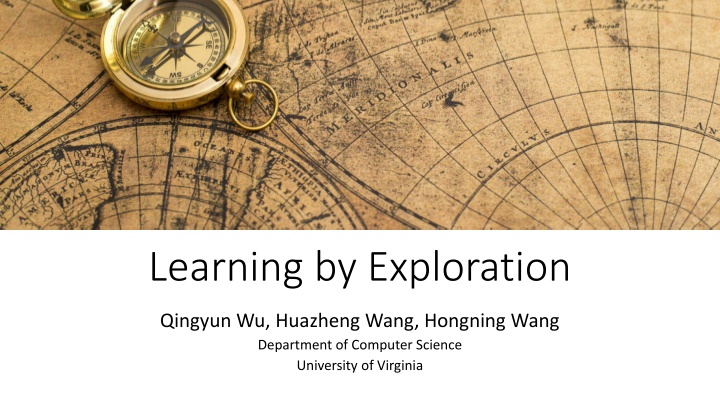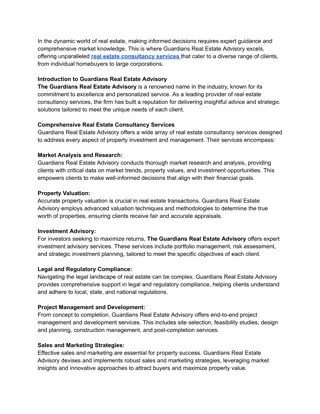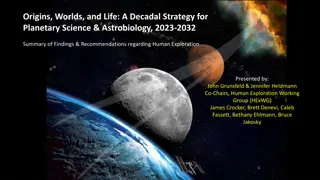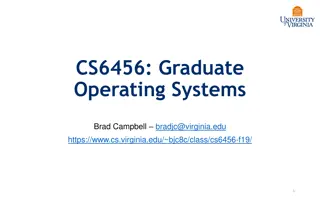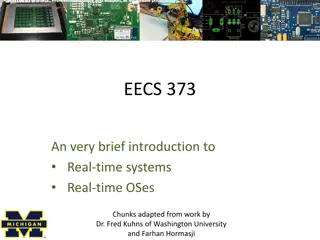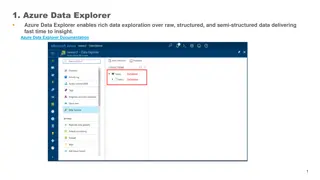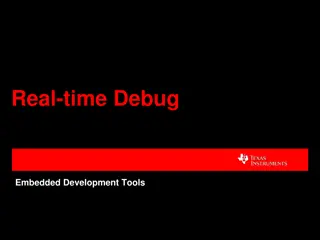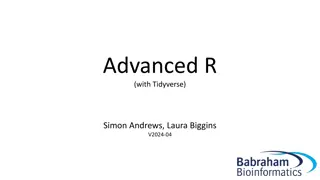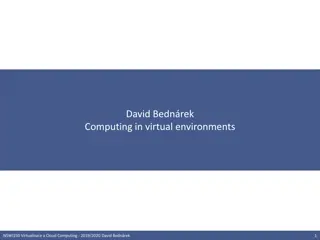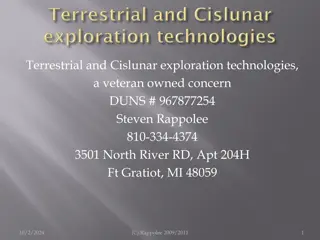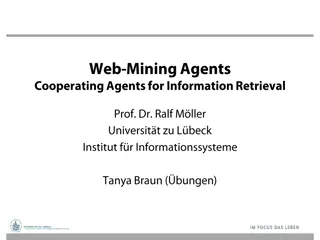Efficient Exploration Strategies in Real-World Environments
This tutorial explores efficient exploration strategies in complex real-world environments, focusing on collaborative bandit learning and leveraging user dependency for optimization. It introduces concepts like low-rank structures and warm-start exploration to enhance exploration efficiency. The discussion also covers ethical considerations and future directions in exploration research.
Download Presentation

Please find below an Image/Link to download the presentation.
The content on the website is provided AS IS for your information and personal use only. It may not be sold, licensed, or shared on other websites without obtaining consent from the author.If you encounter any issues during the download, it is possible that the publisher has removed the file from their server.
You are allowed to download the files provided on this website for personal or commercial use, subject to the condition that they are used lawfully. All files are the property of their respective owners.
The content on the website is provided AS IS for your information and personal use only. It may not be sold, licensed, or shared on other websites without obtaining consent from the author.
E N D
Presentation Transcript
Learning by Exploration Qingyun Wu, Huazheng Wang, Hongning Wang Department of Computer Science University of Virginia
Outline of this tutorial Motivation Classical exploration strategies Efficient exploration in complicated real-world environments Exploration in non-stationary environments Ethical considerations of exploration Conclusion & future directions Outline 2
Efficient exploration in complicated real- world environments Collaborative bandit learning Low rank structures Warm-start exploration Complicated environments 3
Collaborative bandit learning ? users, each user has his/her own ? Build independent LinUCB for each user? Cold start challenge in personalized systems Users are not independent Leverage user dependency for efficient exploration Use existing user dependency information Discover dependency online (via clustering) Complicated environments 4
Collaborative bandit learning GOBLin [CGZ13] Graph Laplacian based regularization upon ridge regression to model dependency Connected users are assumed to share similar model parameters Graph ? is input. Regularization term: Complicated environments 5
Collaborative bandit learning GOBLin [CGZ13] Graph Laplacian based regularization upon ridge regression to model dependency Encode graph Laplacian in context, formulate as a dN-dimensional LinUCB Closed form estimator Graph Laplacian Complicated environments 6
Collaborative bandit learning CoLin [WWGW16] Social influence among users: content and opinion sharing in social network W Reward: weighted average of expected reward among friends A dN-dimensional LinUCB in which Closed form estimator 0.6 0.0 0.0 0.4 0.1 0.7 0.1 0.1 0.2 0.0 0.8 0.0 0.0 0.0 0.5 0.5 When ? is uniform, i.e, all users are uniformly connected to share: Regret: Complicated environments 7
Remove edge if Online Clustering CLUB[GLZ14] Adaptively cluster users into groups by keep removing edges Threshold to remove edges is based on closeness of the users models Build LinUCB on each cluster Regret: . Reduce regret from n (users) to m (clusters) Closed form estimator Complicated environments 8
Low rank structures Particle Thompson Sampling (PTS) [KBKTC15] Probabilistic Matrix Factorization framework Particle filtering for online Bayesian parameter estimation Thompson Sampling for exploration Regret for discretized parameter space is ?(log ? Elements in ? and ? belongs to {?,2?, ,1} Where 1/? is a integer n*m rank-1 problem 0.6 ? 0.2 ? 0.5 0.7 ? 0.1 ? 0.1 ? ? ? 0.1 ? 0.5 d4) Generative Model 9 Complicated environments
Low rank structures Hidden LinUCB [WWW16] Matrix Factorization framework: user & item factors Alternating Least Squares for optimization Exploration considers uncertainty from two factors Source of uncertainty in confidence bound estimation Hidden feature (of an item): known to the environment, but unknown to the learner Uncertainty of hidden feature ?? estimation Uncertainty of user preference ??estimation Complicated environments 10
Warm-start exploration Have some data {(?,?)} at ? = 0 before the bandits start. E.g., from human annotations Leverage historical data to warm start model, reduce the need of exploration Key challenge: historical data could come from different distribution Historical data generated by ? while environment is ? Complicated environments 11
Warm-start exploration Leverage historical data to warm start model, reduce the need of exploration Adaptive Reweighting (ARROW-CB) [ZADLN19] Reweight historical data based on bandits observation Online model selection to pick the weight Regret reduction when historical data and environment have similar distribution Complicated environments 12
Open questions What is the problem-related (structure-related) regret lower bound Did current algorithms fully utilize the information in problem structure? Efficient exploration for other structures in real-world problem E.g., sparse structure, ranking structure, etc. Complicated environments 13
References III [CGZ13] Cesa-Bianchi, N., Gentile, C., & Zappella, G. (2013). A gang of bandits. In Advances in Neural Information Processing Systems (pp. 737-745). [WWGW16] Wu, Q., Wang, H., Gu, Q., & Wang, H. (2016, July). Contextual bandits in a collaborative environment. In Proceedings of the 39th International ACM SIGIR conference on Research and Development in Information Retrieval (pp. 529- 538). [GLZ14] Gentile, C., Li, S., & Zappella, G. (2014, January). Online clustering of bandits. In International Conference on Machine Learning (pp. 757-765). [GLKKZE17] Gentile, C., Li, S., Kar, P., Karatzoglou, A., Zappella, G., & Etrue, E. (2017, July). On context-dependent clustering of bandits. In International Conference on Machine Learning (pp. 1253-1262). [LKG16] Li, S., Karatzoglou, A., & Gentile, C. (2016, July). Collaborative filtering bandits. In Proceedings of the 39th International ACM SIGIR conference on Research and Development in Information Retrieval (pp. 539-548). [KBKTC15] Kawale, J., Bui, H. H., Kveton, B., Tran-Thanh, L., & Chawla, S. (2015). Efficient Thompson Sampling for Online Matrix-Factorization Recommendation. In Advances in neural information processing systems (pp. 1297-1305). [WWW16] Wang, H., Wu, Q., & Wang, H. (2016, October). Learning hidden features for contextual bandits. In Proceedings of the 25th ACM International on Conference on Information and Knowledge Management (pp. 1633-1642). [ZADLN19] Zhang, C., Agarwal, A., Daum III, H., Langford, J., & Negahban, S. N. (2019). Warm-starting contextual bandits: Robustly combining supervised and bandit feedback. arXiv preprint arXiv:1901.00301. References 14
